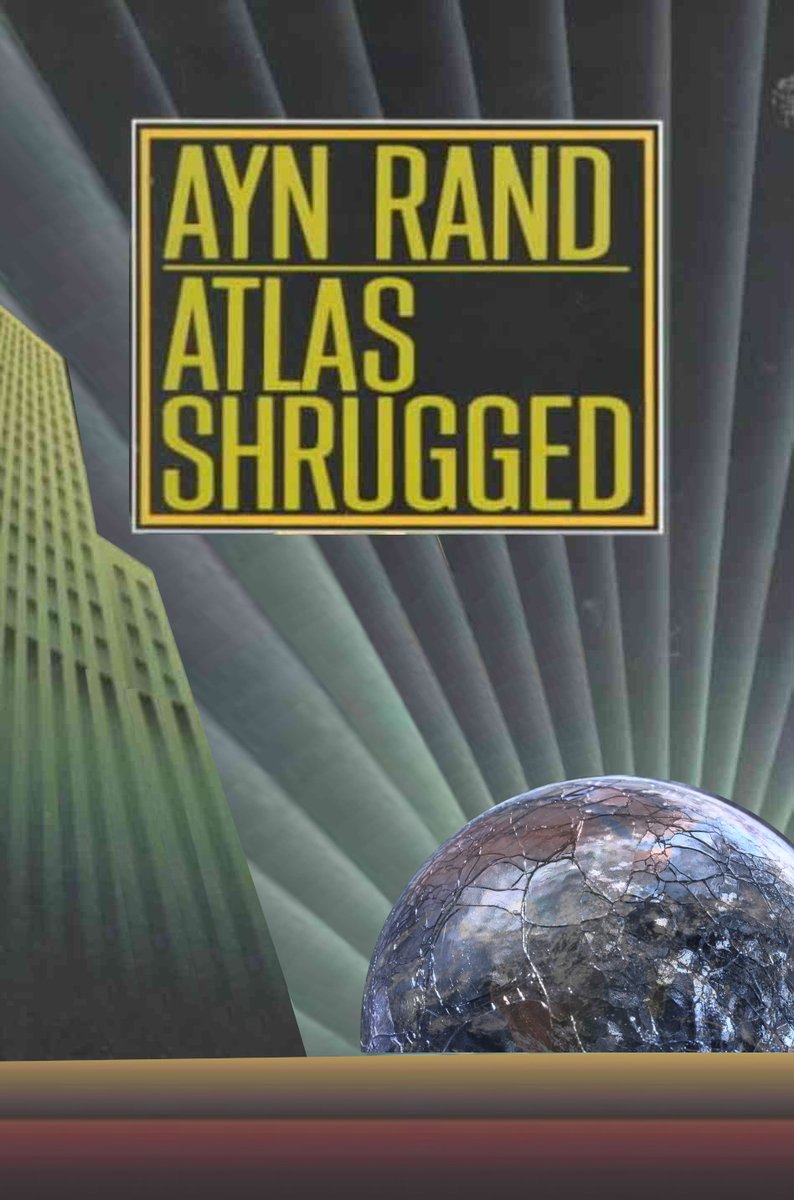
"Binding arbitration waivers" started out as a way for giant companies going into business with one another to avoid costly litigation by agreeing in advance to have a private arbitrator hear their disputes.
1/
1/

But Federalist Society judges, led by Antonin Scalia, spent a decade dismantling protections that ensured that binding arbitration was only used between equals, and not forced upon workers and consumers.
web.archive.org/web/2016032214…
2/
web.archive.org/web/2016032214…
2/
The result was a massive wealth-transfer to corporations, who could defraud and maim with impunity, safe in the knowledge that their victims had signed away their right to sue, especially through class action.
3/
3/
These victims would be limited to filing individual cases, each one confidential and non-precedential (meaning that a loss to one victim didn't pave the way to losses to the rest), heard by a private "judge" who depended on the company for their salary.
4/
4/
The plan worked...until it didn't. In 2018, 12,500 California Uber drivers filed arbitration claims against the company, putting the company on the hook to find 12,500 arbitrators and pay them $1500 retainers.
reuters.com/article/legal-…
5/
reuters.com/article/legal-…
5/
Uber scrambled to fight the mass arbitration claims, even getting @KellerLenkner, the firm behind the claims, disqualified. It became clear that the point of arbitration wasn't to create an alternative justice system - but to have NO justice system.
reuters.com/article/otc-ub…
6/
reuters.com/article/otc-ub…
6/
The California Uber drivers mass-filings didn't cool the corporate world's love-affair with arbitration. By 2020, 81% of Fortune 100 companies were routinely forcing arbitration waivers on workers and customer.
pluralistic.net/2020/02/24/plu…
7/
pluralistic.net/2020/02/24/plu…
7/
All those waivers were an irresistible target, and an alliance of Silicon Valley law firms and tech firms found new ways to automate mass-filings against companies who used arbitration waivers.
pluralistic.net/2020/04/11/soc…
8/
pluralistic.net/2020/04/11/soc…
8/
It's a kind of denial-of-service attack aimed at the flimsy pretense that companies use arbitration to help everyone resolve their disputes fairly and amicably - revealing the true intent: to deny justice altogether.
nytimes.com/2020/04/06/bus…
9/
nytimes.com/2020/04/06/bus…
9/
Now, arbitration is in retreat, thanks to the automation of arbitration claims. This week, Amazon quietly amended its Alexa terms of service to REMOVE the forced arbitration clause.
bloomberg.com/news/articles/…
10/
bloomberg.com/news/articles/…
10/
Why would Amazon do this? Because its creepy Alexa surveillance devices generated THOUSANDS of claims from people who were horrified to learn their Alexas had been sneakily recording them and Amazon had shared those recordings with third parties.
bloomberg.com/news/articles/…
11/
bloomberg.com/news/articles/…
11/
(Not just Amazon - every smart speaker does this. Don't buy smart speakers. Throw your smart speaker away. Seriously.)
bloomberg.com/news/features/…
12/
bloomberg.com/news/features/…
12/
Now, Amazon is being drowned in arbitration claims, and it is begging for mercy - please, it's saying, please SUE US. Stop trying to arbitrate!
It's delicious.
Image:
Tim Evanson (modified)
commons.wikimedia.org/wiki/File:Albe…
CC BY-SA:
creativecommons.org/licenses/by-sa…
eof/
It's delicious.
Image:
Tim Evanson (modified)
commons.wikimedia.org/wiki/File:Albe…
CC BY-SA:
creativecommons.org/licenses/by-sa…
eof/
ETA - If you'd like an unrolled version of this thread to read or share, here's a link to it on pluralistic.net, my surveillance-free, ad-free, tracker-free blog:
pluralistic.net/2021/06/02/arb…
pluralistic.net/2021/06/02/arb…
• • •
Missing some Tweet in this thread? You can try to
force a refresh









